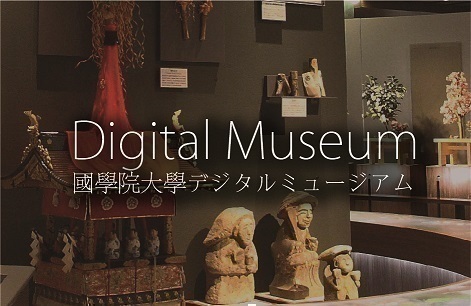- トップ
- Encyclopedia of Shinto
- Nagoshi no harae
Encyclopedia of Shinto
| Main Menu: | |
| Links: |
詳細表示 (Complete Article)
| カテゴリー1: | 5. Rites and Festivals |
|---|---|
| カテゴリー2: | Rituals in Daily Life |
| Title | Nagoshi no harae |
| Text | Also called nagoshi, minatsuki barae, or aranigo no harae, this refers to the "great purification" (ōharae) performed on the last day of the sixth month of the lunar calendar. A great purification was held at the imperial court on the last day of the sixth and twelfth months from the ancient days of the ritsuryō system. These biannual purification ceremonies were also enthusiastically performed at the shrines of commoners. The court ceremonies ceased for a spell owing to the Ōnin War (1467-77), but great purifications spread yet further among the populace, with those held at the Kyōto shrines Kamowakeikazuchi jinja and Kamomioya jinja and at Ōsaka's Sumiyoshi jinja being particularly famous. At some point, the twelfth month purification (harae) went out of fashion and the sixth month purification alone flourished among the populace, becoming known specifically as nagoshi no harae. Circular rings or "gates" made of miscanthus reed (chinowa) are common in the popular nagoshi ritual. These large rings are made of reeds bundled together with paper strips and placed under a shrine's torii, or in front of its worship hall (haiden). Worshippers, led by the chief priest (gūji), pass through the reed gate and are thus purified of all defilements (kegare) and protected from misfortune. The practice originates from a legend appearing in the Bingo fudoki, in which Somin Shōrai, in return for housing Susano no mikoto for the night, was given a chinowa as protection against epidemic. In addition to passsing through the chinowa ring, there are places where people transfer their defilements onto a puppet that is then floated down a river or where they purify themselves in seawater. All of these practices are intended as protection against bad communicable diseases that flourish during the summer. Also, there are certain places in the area from Chūgoku to Kyūshū where the last day of the sixth lunar month is called "nagoshi" and regarded as a turning point; the custom on this day is to lead cows and horses to the river or the sea and let them graze and romp about. This is thought of as a practice wherein the concept of human purification has been applied to include domestic animals as well. See also Chinowa. — Iwai Hiroshi |




